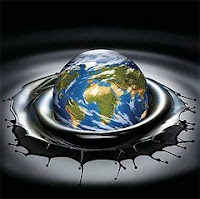
Promotion of your green business is a challenge – how to convey your green credentials, without appearing to be “green washing” your business just to tap into the mood of the modern consumer? And how do you avoid using more paper, more resources in getting your green message across?
I think we all need to take a good look at our current advertising methods. I have for some years run workshops on Marketing and Sales, and over that time, have adapted these to include extensive use of the internet, of blogs, of providing information and of inviting comment. But is that enough? What is the tipping point, and how to bring clients to your product or service with minimal impact on the planet?
Now this is where we need to reject all the ideas about marketing that large companies throw at you – and also reject the notion that it takes a lot of money and paper products to run a good campaign. I think it comes back to a very simple strategy, - always improve the product or service, design a great image around that product or service, look for key people to use what you offer, make alliances with key partners in promotion, engage discussion about your product or service, and use blogs, online forums, websites, and information evenings. Sounds more like a social event –and that’s what it is, developing and using social networks (offline and online) to make using your product or service an enjoyable experience, and one to share with others.
For one of our online information experiences, see GreenBiz cafe and for more tips on social networking, check out the great site of Matt Freedman click here
Picture Advertising by jamesmellor ex Flickr




